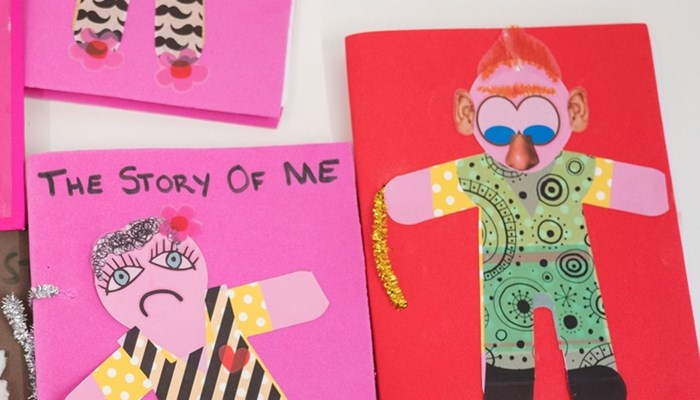Our strategy
Our new strategy for 2020-2030 sharpens our focus on helping to improve the lives of people and communities with experience of poverty, trauma or both.

"At the heart of our new strategy is a recognition of the heavy but unnecessary burden that poverty and trauma place on the wellbeing of individuals, families and communities, and the detrimental impact that can have on their long-term future."
Our strategy sets out why we are focusing on helping to further understand and alleviate the effects of poverty and trauma on our society, and how we hope to do this.
It underpins all our activities, including the funding we offer, and guides the way we work. It builds on our experience over six decades and on our strong relationships with others across the third, public and private sectors.
Our strategy 2020-2030
- View and download strategy overview
- View and download full strategy document
Below are key highlights from our strategy.
Vision, mission and values
Our vision: A fair and compassionate Scotland where everyone is valued and able to flourish.
Our mission: We are here to prevent and reduce poverty and trauma in Scotland, by funding, supporting, and influencing solutions to drive social change.
Our values
We are ambitious: We are not afraid to take on difficult issues and will take risks in pursuit of positive change. We underpin our approach with curiosity, agility and a commitment to learning and continuous improvement.
We connect: We work collaboratively and are informed by the knowledge and experience of those we work with. We are compassionate in our interactions and value quality relationships based on honesty, understanding and support. Our independence is a valuable asset, but we recognise that working with others makes us all stronger.
We act with integrity: We take personal and collective responsibility for our actions and how we use our resources. We are trustworthy, consistent, and open about our successes and failings. We welcome challenge and feedback in order to improve our work.
Objectives
To fund: Our financial resources are one of our greatest assets. Over the next 10 years, we expect to share over £200m directly with organisations working to alleviate poverty and trauma in Scotland.
To support: Over the course of the strategy we wish to support capacity and skills development within the third sector and communities.
To influence: We know our independence is a strength, and we want to use it to influence policy and practice by sharing our own learning, developing solutions, and amplifying the voice of our grant holders and partners.
Find out more about what we do to achieve each of these objectives – go to What we do
What we’re interested in
A wealth of knowledge already exists on how people and communities are affected by poverty, trauma or both. Over the period of this strategy we will build on existing knowledge to inform the development of our work in four key areas:
Financial security: improving income adequacy, income security, manageable costs, financial safety nets and advice for those most at risk of poverty and trauma.
Education Pathways: preventing and reducing poverty and trauma through access and engagement in early years, education, training and learning.
Work Pathways: improving access to good and fair work that can prevent and reduce poverty through increased pay, hours and career progression. This also includes employability support, focused on areas or groups with lower employment rates.
Nurturing Relationships: supporting nurturing relationships within families and communities, to help break the cycle between persistent poverty and intergenerational trauma, and support recovery.
Approaches
Through our own experience and consulting with stakeholders, we have identified ways of working that we believe are likely to support positive outcomes for people experiencing poverty and trauma. Over the course of the strategy we will explore how to embed these within our own work, and how others are using them. These include:
Community: Communities have a crucial protective function by providing people with networks, relationships, support and often a sense of purpose.
Relationships and rights: Considering the specific needs and rights of people as individuals, guided by the fundamental principles of fairness, dignity and respect.
Collaboration: The scale and complexity issues around poverty and trauma requires a joined up and collaborative approach, often across sectors.
Find out more about these Approaches
